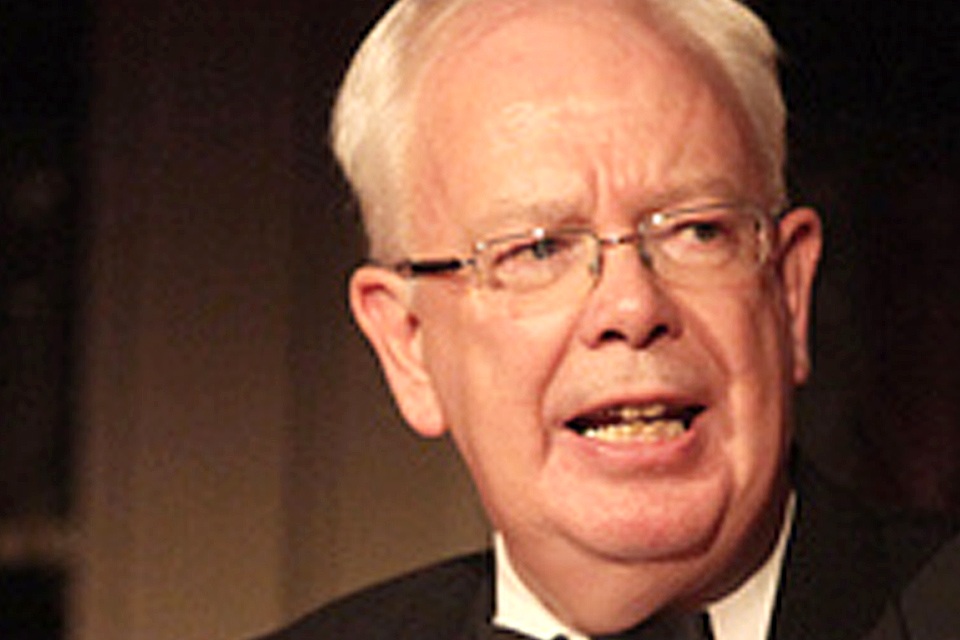Edinburgh UN Conference
Welcome Speech to the UN International Conference of Human Rights Institutions

It is a privilege and pleasure to be back speaking in this very fine Parliamentary debating chamber; and it is a particular privilege and pleasure, on behalf of the United Kingdom Government, to welcome Navi Pillay, the UN High Commissioner for Human Rights and delegates from almost eighty nations to Britain, to Scotland for this 10th International Conference of National Human Rights Institutions. Your deliberations here in Edinburgh, this weekend, amount to far more than academic discussions of the theme of business and human rights. As I’m sure you are all too aware, what you do here has the potential to make a real and beneficial impact on the lives of millions in every corner of the globe. As a Liberal Democrat in a Conservative/Liberal Democrat coalition government, I was heartened to read a recent lecture by our Conservative Foreign Secretary, William Hague, where he quoted – approvingly - the great Liberal Prime Minister, William Gladstone, who once said: “Here is my first principle of foreign policy: good government at home” Consistent with that approach in the area of human rights, our Coalition government is committed to protecting human rights and restoring civil liberties in the UK. We have said we will establish a Commission to investigate the creation of a Bill of Rights that would incorporate and build on our obligations under the European Convention on Human Rights, and protect and extend British liberties. And we have said we will promote a better understanding of the true scope of our obligations and liberties.
But in the lecture to which I have referred, Mr Hague made it clear that human rights, poverty reduction and upholding international law are essential to and indivisible from the government’s foreign policy objectives. But as the theme of this conference recognises, we live in an increasingly complex globalised world, where corporate activity as well as state activity can impact on lives and human rights of global citizens.
The UK has been a strong advocate for promoting higher standards of business accountability and responsibility with regard to human rights. As a government, we recognise the impact businesses can have on human rights around the world. As the Foreign Secretary recently said the UK will not overlook the impact that British companies can have, while investing overseas, by sticking to high standards of ethical behaviour, taking a resolute stance against corruption and investing in their people. And we also continue to work with other states to help them meet their international obligations to their citizens on human rights. In the long term, the answer lies in encouraging states to implement their obligations to provide the conditions in which business may operate without affecting human rights, and encouraging business responsibility. As I’m sure your discussions will reflect, this is a complex area. And to help states tackle the difficult questions around business and human rights, the UK was very supportive of the move to establish the Special Representative of the UN Secretary General on Business and Human Rights. It will be of enormous benefit to have the Secretary General’s Special Representative, John Ruggie here, and to him we extend a special welcome. We thoroughly support the Protect, Respect, and Remedy framework developed by Professor Ruggie and look forward to his guidance on how the international community might put it into operation.
Before concluding, I should wish to pay tribute to work of Alan Miller and his team at the Scottish Human Rights Commission. As a keen supporter of the establishment of the SHRC, I was particularly pleased to see that in such a short time, it has been accredited Grade A status from the UN – no small achievement.
In Scotland we do value our commitment to human rights, but not far from here in the Old Calton Cemetery there is a statue to the Political Martyrs – five men convicted and transported to Australia in 1794 for campaigning for political reform. It is a reminder that so often human and political rights have been won at great cost and personal sacrifice. And we know that in many places that struggle continues today. That is why the work you do and the commitment you make in national human rights institutions must be cherished and valued. The international contribution you can make as national institutions is considerable and I wish you well in your conference this weekend.